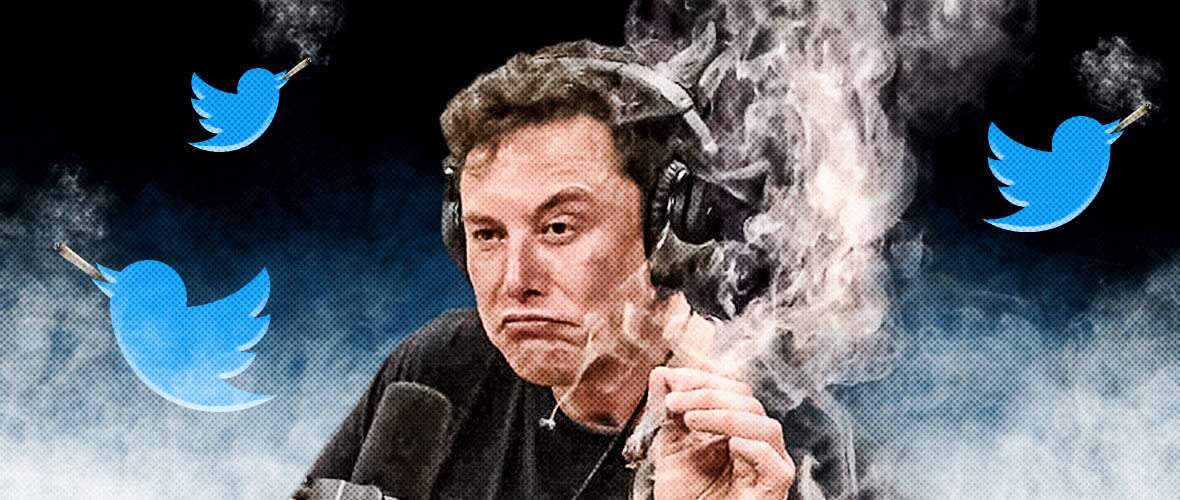Facebook Getting Politically Correct
Mark Zuckerberg has been in the news plenty over the last few months.
It started with the current political climate and his viability as a candidate for president in 2020. If a reality TV and real estate mogul could do it, why not a tech billionaire?
Locally, we had Ocean City Mayor Rick Meehan invite him to town in celebration of OC’s Facebook page reaching the one million “Likes” milestone. (The offer is still on the table, Mark).
Most recently, Zuckerberg’s social network has come under fire for its role in the sacred electoral process. As we continue to learn more details regarding Russia’s interference in the 2016 election, Zuckerberg made it known that Facebook is doing something about it.
“First, let me say this,” Zuckerberg said in a Facebook Live video from his Menlo Park office, “I care deeply about the democratic process and protecting its integrity. Facebook’s mission is all about giving people a voice and bringing them closer together. Those are deeply democratic values and we’re proud of them. I don’t want anyone to use our tools to undermine democracy. That’s not what we stand for.”
Facebook’s role – albeit as an unwilling partner, rather than an active agent – in a foreign power’s attempt to undermine those democratic values is what has Zuckerberg in hot water. While he isn’t promising an end to all interference – “that wouldn’t be realistic,” he says – he promises that it’s going to be harder for those with sinister online agendas to try.
Zuckerberg outline nine steps his team is taking over the next few months to ensure the political process in the United States isn’t influenced by Facebook advertising. We’ve broken them down for you below:
- Zuckerberg says his company continues to work with the U.S. government in its investigations into the matter. While there were no fake accounts linked to Russian advertisers, the company has briefed congress on all other findings.
- Facebook will continue an internal look at what happened during the election. “We’re looking into foreign actors, including additional Russian groups and other former Soviet states, as well as organizations like the campaigns, to further our understanding of how they used our tools.” Zuckerberg also said these investigations may take some time.
- In what Zuckerberg calls “the most important step we’re taking,” Facebook plans to make political advertising more transparent. Facebook will now require you to disclose which page paid for a political ad. The company will also make it easy for users to visit an advertiser’s page and see what ads are running to what audience on Facebook.
- Facebook says it will strengthen its review process even further for political ads (beyond that pesky 20% text rule, we hope). While the company says it is against their policies to use its tools to break the law, there’s more to be done, it said.
- Facebook will “more than double” its election integrity team.
- The company is expanding partnerships with election commissions. The goal here is to inform these groups of the online risks Facebook has identified in their specific elections.
- Sharing of threat information with tech and security companies will be increased.
- Facebook plans to create more services to protect the community while engaging in political discourse. That includes adapting the company’s anti-bullying systems to political harassment as well. They’re also scaling ballot information tools to help people better understand the issues.
- Finally, some of this work is being put into practice as early as this weekend with the German elections. Facebook has taken action against fake accounts, partnered with the Federal Office for Information Security, and more, to share security practices with the candidates and parties.
Obviously, Zuckerberg’s hand is being forced a bit here – both by the court of public opinion, and undoubtedly behind the scenes by elected officials in Washington. That said, Facebook’s CEO seems genuinely committed to protecting the way users are delivered political content on his social network.
Whether that’s through false information, or simply a debate that gets too out of hand in the comments section, changes are coming for Facebook, and we’ll start seeing them long before the 2020 proceedings begin – perhaps with Zuckerberg himself on a ticket?





